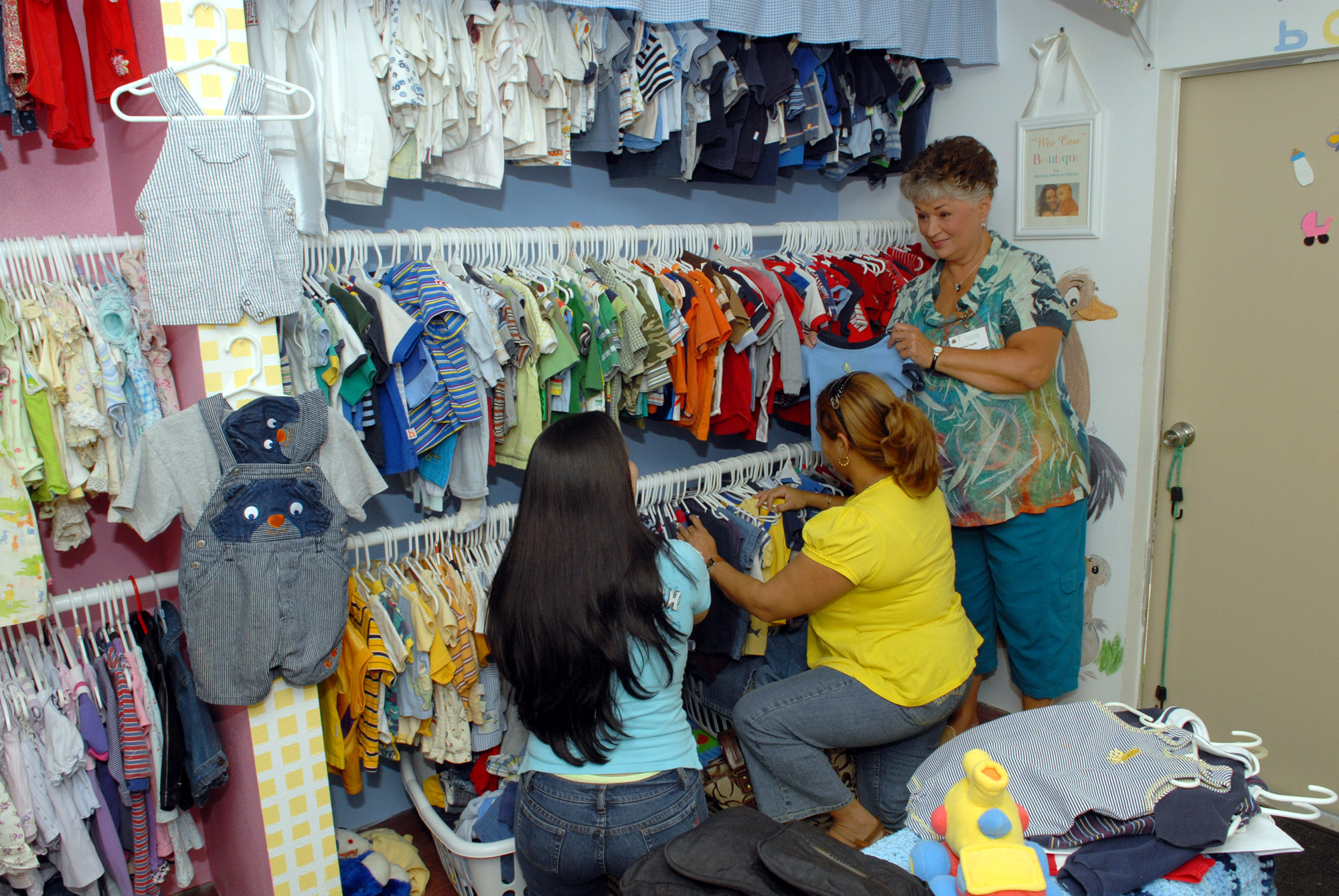
NASHVILLE, Tenn. (BP) — For some women, crisis pregnancy centers — staffed often by church volunteers — are a haven that provides life-saving support.
At least that was the case for Fiona Wingate*, a young woman who visited New Life Pregnancy Center in Phoenix in March. Lori Palmer, the center’s director, prayed over Wingate after administering a free pregnancy test, which was negative only because it was taken too early. Palmer asked her to come back in several days for another test.
But Wingate did not return until four months later, and she was obviously pregnant.
She had not come back to the center earlier because she hoped by not acknowledging her pregnancy the problem would just go away, but now she had returned to the one place that had made her feel loved.
“I felt so good,” Wingate told Palmer. “I felt so loved after you prayed for me that I just really wanted to feel that again.”
Palmer told her that love was readily available through a relationship with Jesus Christ, and Wingate accepted Him and is now plugged into a church she found through the pregnancy center.
Not until Palmer was a director did she understand just how much churches provide for pregnancy centers. The New Life Center is a ministry of Arizona Baptist Children’s Services, but items like diapers, clothing and baby bottles come from church donations and drives.
Wingate’s story is just one of many found in the thousands of pro-life crisis pregnancy centers across America, many of which could not run without the partnership they have with churches, said Ray Newman, a state missionary who specializes in ethics and public affairs for the Georgia Baptist Convention.
“In many cases the pregnancy centers are staffed by volunteers from the churches, and in some cases there are some of the churches that actually operate the pregnancy centers as a part of their outreach ministry or their care ministry in the community,” Newman said.
The pregnancy centers discuss alternatives to abortion with women and often provide free services — such as clothing and baby supplies — not provided at an abortion clinic. Many also provide ultrasounds. Nearly 80 percent of all women considering abortion choose life when they see their unborn child on the ultrasound screen, pro-life leaders say.
In Palmer’s case, her involvement with pregnancy centers began within the walls of her church, Mountain Ridge Baptist in Glendale, Ariz., where she would make announcements for clothing and diaper drives that would benefit the centers.
Now as a director, she said she realizes just how much the churches provide for pregnancy centers. The New Life center is a ministry of Arizona Baptist Children’s Services, but items like diapers, clothing and baby bottles all come from church donations and drives.
The donated items allow New Life to give them to the women — who can come in once a month for a care package — for free. New Life also has “baby bucks,” which new parents can earn by attending classes at the pregnancy center and use to buy larger items like car seats, cribs and strollers.
Since new parents are learning how to better raise their children while they earn “baby bucks,” Palmer said the free items and services are not enabling them.
“It’s really helping them build their self-esteem, to give them confidence because they’re learning through the parenting classes how to be better parents, how to be better women, how to be better men,” Palmer said.
While the exact number of pregnancy centers connected with churches is unknown, there likely are hundreds receiving help from congregations of all denominations.
Cindy Hopkins, vice president of center services at Care Net, said within the organization’s network of more than 1,100 centers that most of them receive little to no federal money, and many are financially supported by churches.
While churches can find resources to open a pregnancy center at places like Care Net and their state conventions, Palmer suggests they take baby steps and start by reaching out to a local center first.
“I don’t think most people realize what all is involved in actually having a pregnancy center in your location,” Palmer said. “So, reach out first.”
One element that is vital for the centers is volunteers who either give their time or donate items to advocate for life. Newman said centers sometimes lack the essentials.
“Many times, unfortunately, it’s so hush-hush and quiet sometimes that people are not aware of the need for donations or the need for help,” he said.
The goal of Baptist-supported pregnancy centers is not just caring for pregnant women and advocating for the life of their baby. Ultimately, it is sharing the love and good news of Christ, so women like Wingate can find the spiritual care they desperately need.
“There’s always going to be families, there’s always going to be the poor and the wealthy,” Palmer said. “So we always need to have the pregnancy centers to come alongside in a non-judgmental way and just lift these families up, and we have that opportunity through these pregnancy centers to reach a whole community that maybe has never heard of the love of Jesus Christ.”
–30–
*Name changed. Whitney Jones is a student at Union University in Jackson, Tenn., and was an intern with Baptist Press.















